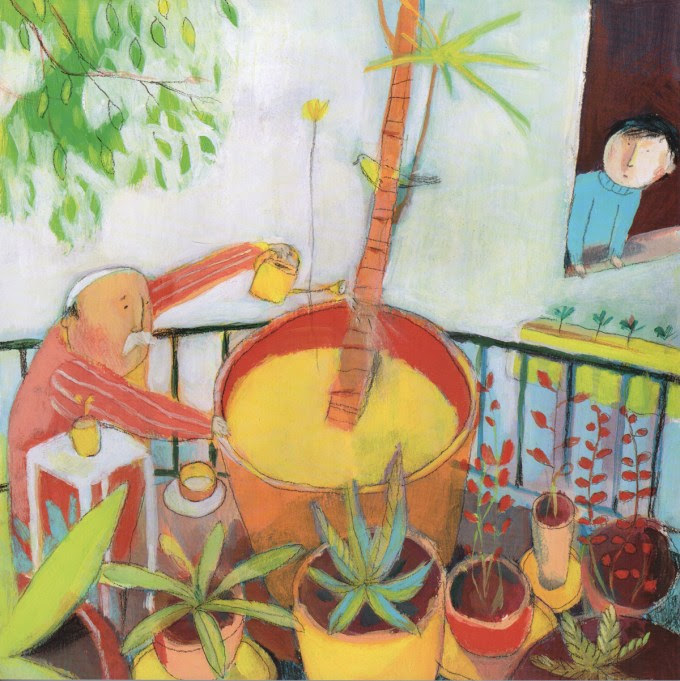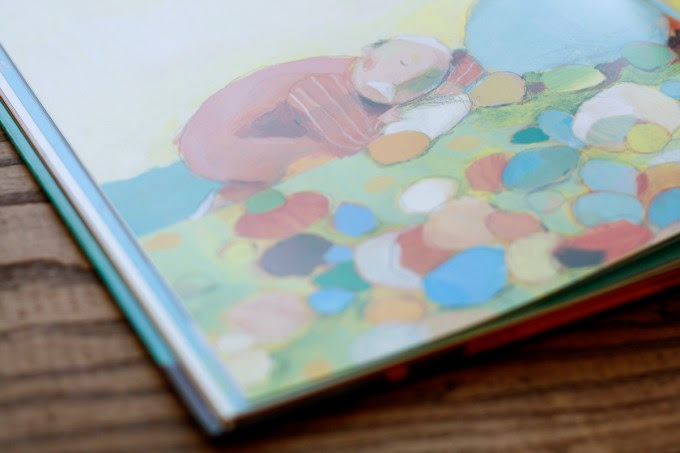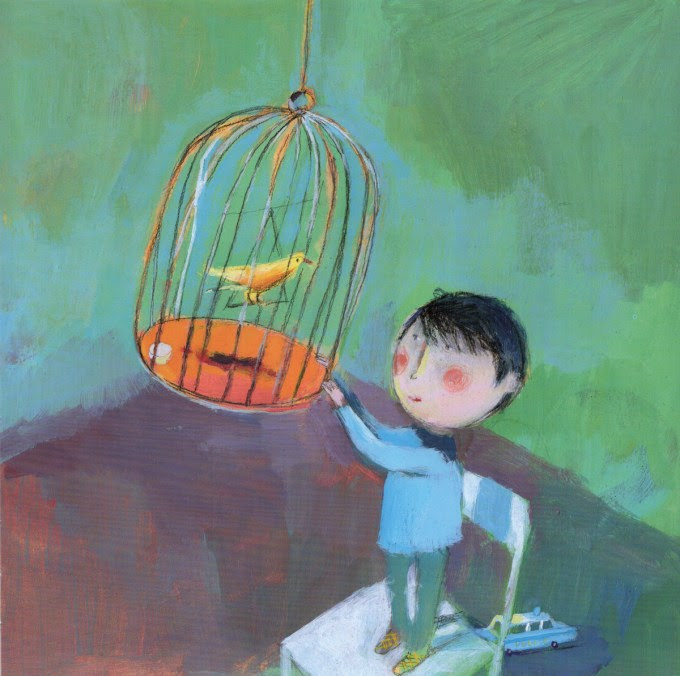“Evolution is speeding up, not time. Consciousness is evolving, becoming aware of itself as creation's mentor. Children are evolution's front edge. They push at boundaries... challenge the status quo...irritate convention. That is their job...to set free all that sullies the human heart and blinds the mind to the relationship between the Creator and the Created." ~ P.M.H. Atwater~
MY WORK ... MY PASSION
• Certified Transpersonal Hypnotherapist ; Past experiences: Dream Analysis /10 Years Experience •Psychotherapist / Use of Gestalt, Jungian, Zen, Reality and Energy Therapies /10 Years Experience •EMDR • Men and Their Journey: the neuroscience of the male brain, and the implications in sexuality, education and relationship • Women: Their Transformation and Empowerment • ATOD (Alcohol, Tobacco and Other Drugs) / 21 years experience •Ordained Interfaith Minister & Official Celebrant • Social Justice Advocate • Child and Human Rights Advocate • Spiritual Guide and Intuitive • Certified Reiki Practitioner • Mediation / Conflict Resolution • “Intentional Love” Parenting Strategy Groups • Parenting Workshops • Coaching for parents of Indigo, Crystal, and Rainbow Children • International Training: Israel & England • Critical Incident Stress Debriefing • Post-911 and Post-Katrina volunteer
MSW - UNC Chapel Hill
BSW - UNC Greensboro
With immense love I wish Happy Birthday to my three grandchildren!
May 22: Brannock
May 30: Brinkley
June 12: Brogan
All three have birthdays in the same 22 days of the year ....what a busy time for the family!
"An Unending Love"
This blog and video is devoted and dedicated to my precious daughter Jennifer, my grand daughters Brogan and Brinkley, and my grand son Brannock. They are hearts of my heart. Our connection through many lives..... is utterly infinite.
The Definition of Genius
"THRIVE"
"ONLY LOVE PREVAILS" ...."I've loved you for a thousand years; I'll love you for a thousand more....."
Don't it just look so pretty
This disappearing world
We're threading hope like fire
Down through the desperate blood
Night falling on the city
Quite something to behold
Don't it just look so pretty
This disappearing world
This disappearing world
I'll be by your side
Hit 'em 'tween the eyes
Through the smoke and rising water
Cross the great divide
Baby till it all feels right
This disappearing world
This disappearing world
"The degree of our enlightenment is the degree of passion that we will have for the whole world." ~The Greystone Mandala
"The best argument against democracy is a five-minute conversation with the average voter." ~ Winston Churchill
Kant: "We are not rich by what we possess, but what we can do without."
"A child can teach an adult three things: to be happy for no reason, to always be busy with something, and to know how to demand with all his might that which he desires." ~ Paulo Coelho
“It is not the critic who counts,not the man who who points out how the strong man stumbles, or where the doer of deeds could have done them better. The credit belongs to the man who is actually in the arena, whose face is marred by dust and sweat and blood; who strives valiantly; who errs, who comes short again and again, because there is no effort without error and shortcoming; but who does actually strive to do the deeds; who knows great enthusiasms, the great devotions; who spends himself in a worthy cause; who at the best knows in the end the triumph of high achievement, and who at the worst, if he fails, at least fails while daring greatly, so that his place shall never be with those cold and timid souls who neither know victory nor defeat.”Theodore Roosevelt
TECHNOLOGY..........
In “Conversations with God”, by Neale Donald Walsch, there is a warning I think of. I refer to it as the Atlantis passage, and I've quoted it a few times before." As I have said, this isn't the first time your civilization has been at this brink,"
God tells Walsch. "I want to repeat this, because it is vital that you hear this. Once before on your planet, the technology you developed was far greater than your ability to use it responsibly. You are approaching the same point in human history again. It is vitally important that you understand this. Your present technology is threatening to outstrip your ability to use it wisely. Your society is on the verge of becoming a product of your technology rather than your technology being a product of your society. When a society becomes a product of its own technology, it destroys itself."
Sunday, April 16, 2017
"What Aristotle Taught Me About Happiness" by Eva Gregory
"Inside the Kindergartner's Brain" by Hank Pellissier
(Courtesy of Great Schools)
Inside the kindergartner’s brain

Talk, sing, and read
Reading help in kindergarten
Be gentle in kindergarten
Tiny inventors
Stimulate the senses
Let’s focus in kindergarten
Body building in kindergarten
Tuning up in kindergarten
Saturday, April 15, 2017
The True Meaning Of Unconditional Love
Wishing The Best For The Beloved
It First Requires Self-love
Believing In The Good That One Possesses
It Can’t Be Said, Only Felt
A Relationship Does Not Have To Be Unconditional Too
You Can Experience Negative Emotions At The Same Time
Unconditional Love From A Spiritual Perspective
There Should Be No Guilt Where It Is Lacking
Sunday, April 9, 2017
"This Is A Poem That Heals Fish"
This Is a Poem That Heals Fish: An Almost Unbearably Wonderful Picture-Book About How Poetry Works Its Magic
 “Poetry can break open locked chambers of possibility, restore numbed zones to feeling, recharge desire,” Adrienne Rich wrote in contemplating the cultural power of poetry. But what is a poem, really, and what exactly is its use?
“Poetry can break open locked chambers of possibility, restore numbed zones to feeling, recharge desire,” Adrienne Rich wrote in contemplating the cultural power of poetry. But what is a poem, really, and what exactly is its use?Arthur’s mommy looks at him.
She closes her eyes,
she opens her eyes…Then she smiles:— Hurry, give him a poem!And she leaves for her tuba lesson.
Determined, Arthur continues his search.
He runs to Lolo’s bicycle shop.
Lolo knows everything, laughs all the time, and is always in love.
He is repairing a tire and singing.
— A poem, Arthur, is when you are in love and have the sky in your mouth.
— Oh…? Okay.
— A poem? I don’t know much about that.
But I know one, and it is hot like fresh bread.
When you eat it, a little is always left over.— Oh…? Okay.
— A poem is when you hear the heartbeat of a stone.
— Oh…? All right.
— A poem is when words beat their wings.
It is a song sung in a cage.— Oh…? Okay.
— When you put your old sweater on backwards or inside out, dear Arthur, you might say that it is new again.
A poem turns words around, upside down, and — suddenly! — the world is new.
— A poem? grandpa says, tugging on his mustache and looking worried. A poem, well… it’s what poets make.
— Oh…? All right.— Even if the poets do not know it themselves!
— I’m sorry, Leon, I have not found a poem. All I know is this:
A poem
is when you have the sky in your mouth.
It is hot like fresh bread,
when you eat it,
a little is always left over.A poem
is when you hear
the heartbeat of a stone,
when words beat their wings.
It is a song sung in a cage.A poem
is words turned upside down
and suddenly!
the world is new.
Leon opens one eye, then the other, and for the first time in his life he speaks.
— Then I am a poet, Arthur.— Oh…?
Teaching kids compassion!
Teaching kids compassion

Ways to give
Donate the old
Feed the hungry
Share the wealth
Write notes of compassion
The spirit of the holidays
A giving tree
Adopt a family
Donate something new
Make the most of giving
Monday, March 20, 2017
Zephyr Teachout: Supreme Court Pick Neil Gorsuch "Sides With Big Business, Big Donors and Big Bosses"
Why Bernie Is the Most Popular Politician in America | Alternet
Krugman: Republicans Love 'Personal Responsibility' Yet Won't Hold Trump Accountable @alternet
Wednesday, March 15, 2017
U.S. Citizens Now Being Forced to Provide Their Social Media Passwords Upon Return to U.S. | Alternet
(click link above to read about this new and preposterous news!)
Is Donald Trump Intentionally Sowing Health Care Chaos? @alternet
Sanders Slams Big Pharma for Pumping 780 Million Opioid Pills Into West Virginia 'Trump Country' @alternet
Robert Reich: 4 Big Warning Signs That Trump's Budget Is Bonkers @alternet
Saturday, March 11, 2017
Julian Assange Confirms Sanders Was Threatened
Thursday, March 9, 2017
House Leadership Obamacare Repeal Bill Is Republican Declaration of Class Warfare on Average Americans
"there were no words, but images flooded every cell in her being ...4 and a half decades!"





















